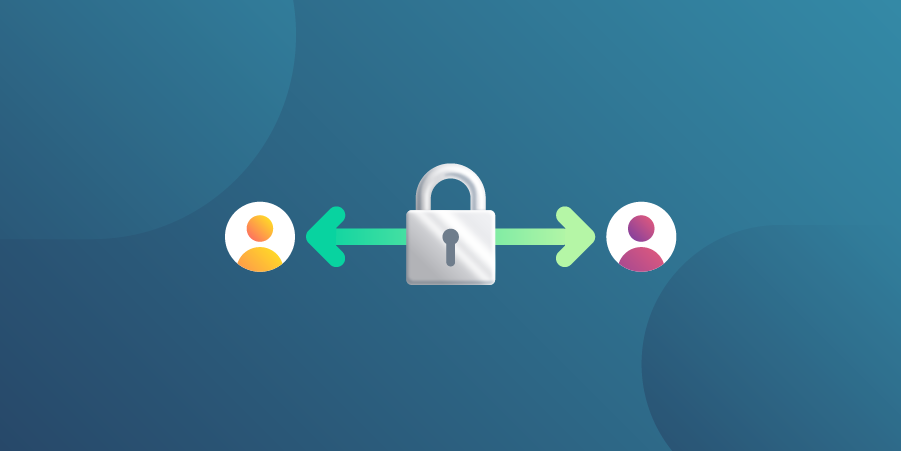When you think of the word "outsourcing," what comes to mind? Does it bring up good memories or does it conjure up a disaster story used to explain to your boss why "in-house" is always better.
The term outsourcing dates back to the 1970s while the outsourcing meaning itself dates back even further. For decades, companies have leveraged outsourcing to work more efficiently and cost-effectively, and the last few years in particular have demonstrated why outsourcing as a concept has survived. In the face of tight budgets and global uncertainty, an outsourcing partner can provide access to the people and technology needed for completing critical business objectives.
But as helpful as outsourcing partners can be, some companies have been burned by them in the past, and outsourcing as both a term and a concept has gotten a bad rap.
Why you might have trust issues
While not everyone has had a bad outsourcing experience, for those who have, here are three of the most common reasons. With these reasons in mind, you will learn how to outsource successfully.
Lack of effective collaboration
When you hire an outsourcing partner, of course you’re hiring a separate entity. But how much should it feel like a separate entity? In the best outsourcing relationships, your outsourcing partner will feel integrated into your team. You want your business to feel just as important to them as it does to you. Unfortunately, that’s not always the case. Even if your partner is delivering on their contractual obligations, it can feel like they’re only doing the bare minimum. Maybe they marketed themselves as being more collaborative than they are, or maybe you didn’t have the right expectations going into your relationship. Either way, when an outsourcing partner fails to recognize what makes your company unique, what you care about, and your specific pain points, you may end up feeling dissatisfied.
Too many platforms
Some outsourcing companies will try to streamline tasks by introducing you to multiple platforms, none of which work together as cohesively as they should and actually make your processes more difficult, not less. But the right outsourcing partner will be just as strategic when it comes to tech as they are in other areas. As good and helpful as technology is, adopting new tools takes time and can be challenging for your employees, especially if there’s more than one platform involved. An outsourcing partner that offers consolidated solutions that are easy to integrate into your platform will make your life easier.
Lack of proactivity
Lastly, some companies that had outsourced routine processes can find themselves in a pickle when they discover empty lines in tax filings, incorrect Social Security numbers, etc. While every company is responsible for managing its own data, the best outsourcing partners will be proactive in letting their clients know when problems arise throughout the year. But unless your outsourcing partner is clear about being proactive, you can’t just expect that to be the reality.
If any of the above resonates with either your experience or your fears, there’s hope. When you understand what a good outsourcing partner looks like versus a poor one, you can begin the journey of choosing the right outsourcing partner — one that will work seamlessly with your team and make your life a whole lot easier.
OneSource Virtual is a co-sourcing partner dedicated to helping businesses succeed. We use the term co-sourcing to break any stigma our customers might have around outsourcing. We understand the immense pressures businesses are facing right now and want to relieve some of that burden. Don't settle for anything less than a strategic, reliable partner that is dedicated to helping your business and your teams thrive.






.svg)